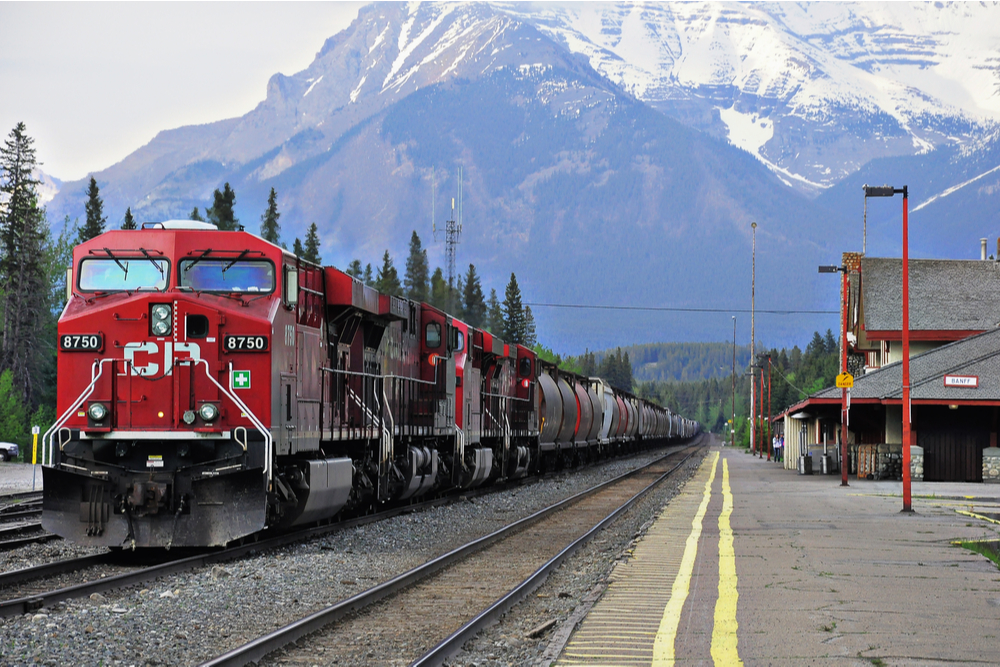
When Canadian Pacific Railway trains came to a screeching halt, members of the agriculture community received yet another reminder about fragile supply chains. The temporary shutdown occurred Sunday, March 20, when railroad officials and the Teamsters Canada Rail Conference broke off labor negotiations.
“The main issue is the short window to get farmers the fertilizer they need for their crops. We are 4-6 weeks away from seeding in Canada and even sooner in the U.S.,” Fertilizer Canada CEO Karen Proud reportedly said.
Much like the power the International Brotherhood of Teamsters holds in the U.S., union bosses in Canada count upwards of 3,000 conductors, engineers, and yard workers among their ranks. While the labor-management dispute might seem like an isolated problem, growers and ranchers held the collective breath when the groups came to loggerheads.
“We only have a one- to two-week buffer of feed in the system before we won’t have any feed for our cattle,” Canadian Cattlemen’s Association president Bob Lowe reportedly said.
With the war between Russia and Ukraine raging, concerns of global wheat shortages have risen. Setbacks to fertilizer distribution across North America would likely further drive up inflation and hurt farmers on both sides of the border. What may have seemed like a relatively simple labor dispute caused the Canadian and U.S. governments near-panic. Labor Minister Seamus O’Regan quickly inserted his office into negotiations, calling for Teamsters to consider the ramifications and promptly return to work.
“Our supply chains have taken a real beating. By God, you know, between floods out west and recovering from a pandemic and now war in Europe — it’s a lot. We don’t need anything further,” O’Regan said. “This is a roller coaster ride.”
The Labor Minister reportedly traveled to Calgary in an effort to bring the parties together. After both sides appeared ready to undergo binding arbitration, Canadian Pacific Railway resumed operations by Tuesday. Given Teamsters officials do not typically like the uncertainty of third-party decisions, O’Regan deserves kudos for keeping the trains running and food supply on track.
“While arbitration is not the preferred method, we were able to negotiate terms and conditions that were in the best interest of our members,” Teamsters spokesman Dave Fulton reportedly said.
What people outside the agricultural sector may not know is that Canada ranks among the top producers of “potash.” This potassium-rich salt is mined from sea beds that evaporated millions of years ago. It remains one of the key ingredients for fertilizer, and the Canada Pacific Railroad transports upwards of 75 percent of all fertilizer by rail. The U.S. imports approximately 86 percent of its potash from Canada. Much of this vital growing product gets offloaded and then transported by tractor-trailers to agricultural wholesalers and local outlets.
Sources: wsj.com, reuters.com, politico.com











So many people are obese in the western world. Some fasting would be a good thing.